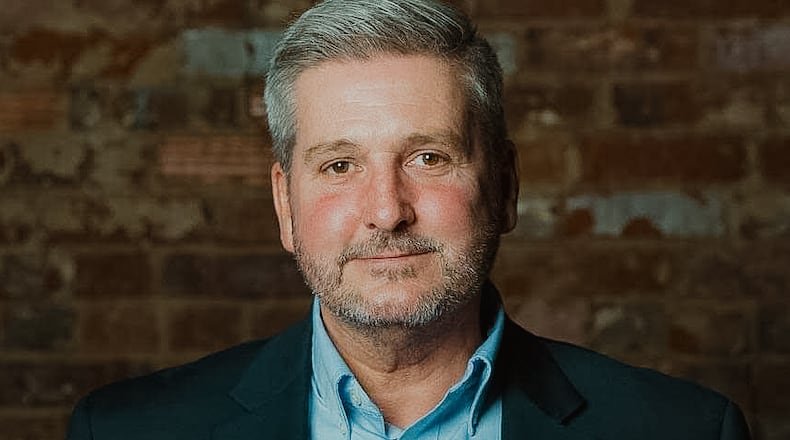And I am the only one left who remembers some people.
Once I am gone, there will be no memory of them left anywhere.“
— Wendell Berry, Jayber Crow
Jayber Crow, the fictional barber of Port William, is Wendell Berry’s quiet observer of a town slowly fading. But his words are no longer confined to fiction. Today, they echo across the American workplace.
Across industries and communities, something essential is quietly slipping away. Mostly unnoticed. Rarely named.
The people who remember how things really worked, the ones who carried the company in their bones, are leaving. And with them, something irreplaceable is going too.
Not just skill.
Not just labor.
But the memory of the work. The lived understanding of how the job was done, with care, context, and continuity.
Long-tenured employees, some with decades of experience and most of it undocumented, are stepping away. Some are retiring. Others are bowing out as the pace of work accelerates or changes beyond recognition. In many cases, they’re replaced, if at all, by new hires who bring energy but lack context, or by systems that replicate function without memory.
And so a quiet gap forms.
A knowledge gap. A memory gap. A human gap.
The quiet knowledge no one talks about
There’s a kind of knowing that doesn’t live in handbooks or training videos. It lives in people. In those who’ve seen the company evolve. Who know which light switch hums after rain, or what a loyal customer really means when they say “no rush.”
They don’t interrupt meetings with their insight. They don’t preface thoughts with “Back in my day…”
They just know. And they’re leaving.
In businesses across the country — shops, warehouses, nonprofits, restaurants — this story repeats every day. Someone gives notice. The process begins: keys turned in, desk cleaned out, emails forwarded.
But rarely is anyone asked:
What do you know that we don’t? What lives in your memory that we’ve never written down? What will we lose if we don’t hear your story?
Their departure is cordial and efficient. But something important leaves with them. A subtle unmooring. Because they didn’t just do the job. They understood it, lived it, and carried the memory of the work in their hands and habits.
When they walk out the door, a thread of continuity walks out with them.
What we can do before it’s too late
If there’s still time, and in many places, there is, we must choose to be stewards of memory, not just managers of labor.
Not because we fear the future. But because we respect the past enough to carry it forward.
Here are four simple ways to begin:
1. Sit and Listen.
Pull aside a longtime employee. Ask what they know that no one else asks about. Record it if you can. But more importantly, be present. This isn’t just data. It’s the story of how your business became what it is.
2. Pair the Young with the Wise.
Create informal mentorships not just for skills, but for memory. Let younger workers shadow those with long tenure. Let them feel the rhythm, not just memorize the steps.
3. Capture the Unwritten.
Start a shared notebook or file called “Things We Know.” Invite team members to add tips, workarounds, customer insights—anything not in the SOP but essential to how things really get done.
4. Honor the Knowledge.
When someone retires, give them more than a card. Give them a voice. Let them leave behind more than an HR file. Let them leave a legacy.
Wendell Berry reminds us: when the last one who remembers leaves, we lose more than a person. We lose the living memory of a place, a company, a craft.
Let’s not wait for that to pass unnoticed.
Let us ask now. Let us listen. Let us remember — while we still can.
Rick Slark is a business advisor in Springfield.
About the Author
